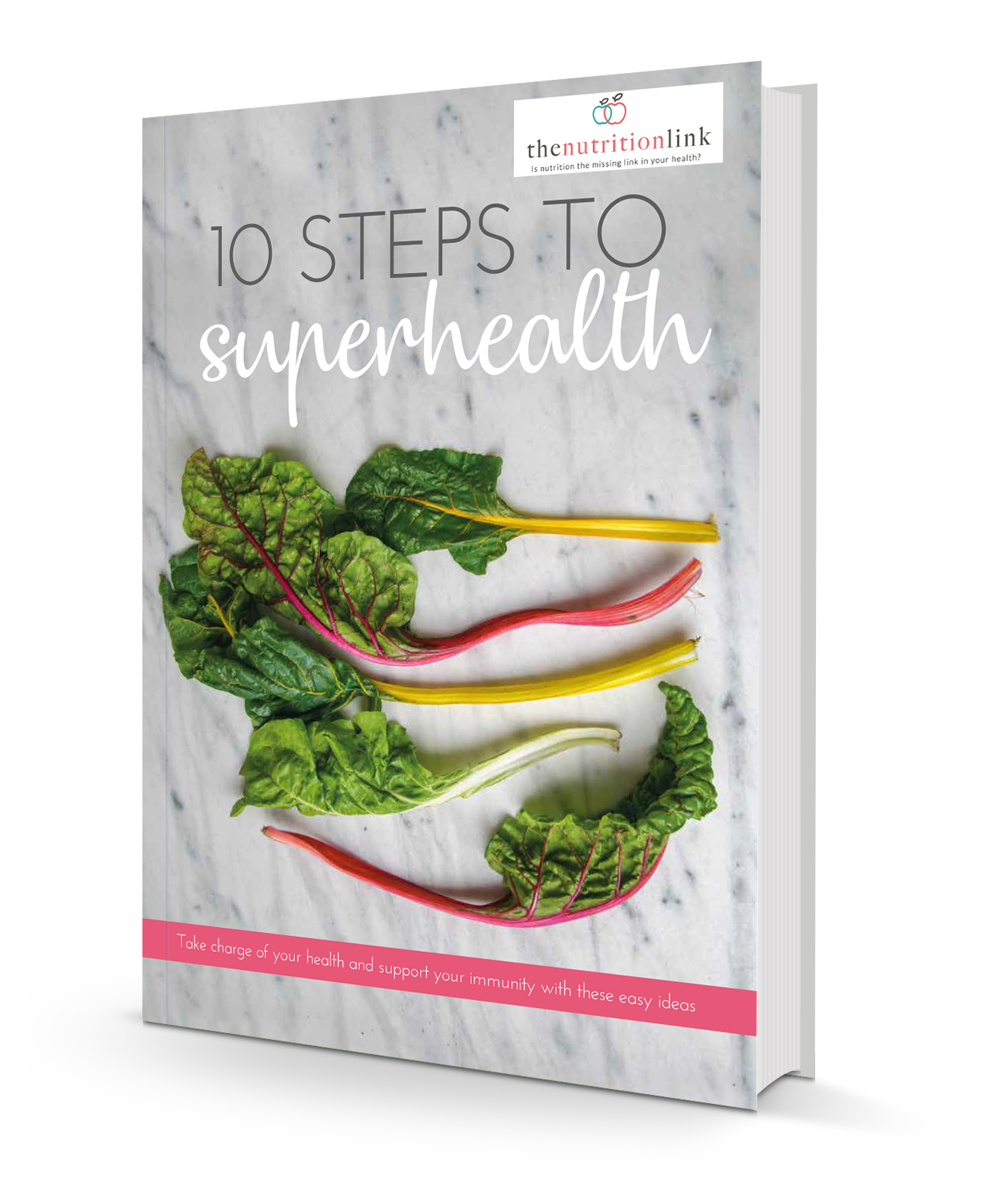
How to tame your appetite
Trying to lose weight but feeling hungry all the time? This is a common problem faced by dieters and let’s face it, when this happens, sticking to any eating plan is going to be very challenging. Read on to find out why that might be and what you can do to tame your appetite!
It’s all about the hormones!
Although we might think that we are hungry because we are eating less, often there are other factors at play. Hormones play a key role in influencing appetite and therefore taking steps to balance our hormones can make the world of difference.
As well as insulin and glucagon that control our blood sugar levels, ghrelin is another key hormone involved in appetite. Stimulated by the cells in our stomach, ghrelin sends signals to our brain telling our bodies it’s time to eat. Small amounts are also released by the pancreas and the small intestine. The more ghrelin in the bloodstream, the more hungry we feel and therefore the more we are likely to eat. After food, ghrelin levels go down and don’t rise again until your body starts looking for more energy.
If you’re trying to lose weight, you might be wondering how you can keep ghrelin levels low. Interestingly ghrelin levels appear to be lower in those who are obese or overweight. There is, however some evidence to suggest that these individuals are more sensitive to ghrelin. This means that smaller amounts could be triggering hunger in those who are overweight than in lean individuals.

Constant Cravings
The other reason that you might be hungry all the time is linked to your levels of feel good neurotransmitters. Neurotransmitters are chemical messengers in the brain that influence our mood and motivation.
Serotonin and dopamine are the key neurotransmitters which influence food consumption. Serotonin suppresses appetite which is why if we have low levels we are likely to be more hungry. Similarly dopamine helps keep our cravings at bay. In obese individuals it has been shown that dopamine signalling pathways don’t work properly contributing to cravings and overeating. You can read more about cravings in my earlier article here.
If we have inadequate dopamine in the brain then we tend to crave foods such as sugar and fatty foods. This is because these foods increase dopamine. However the problem is that over time the body’s response to such foods is blunted such that we need more and more to get the same effect. It’s not hard therefore to see why these neurotransmitter imbalances influence appetite…
Tips to help regulate appetite
1. Eat a diet rich in fibre from fruit and vegetables, legumes and wholegrains
Eating a high fibre diet slows down our digestion while also keeping our gut bacteria diverse and healthy. As foods high in fibre take longer to digest then they keep us fuller for longer which helps with appetite control. Foods high in fibre also tend to be lower in calories and higher in nutrient density meaning you get better bang for your buck when it comes to calorie intake.

2. Limit intake of processed foods especially those high in sugar and artificial sweeteners
Refined and processed foods are high in calories and saturated fat and low in nutrients. As well as spiking your blood sugar for a short period, sending your hunger and energy levels on a rollercoaster, they trigger release of dopamine, the neurotransmitter associated with reward. We start to associate that short lived high with reward as opposed to the feeling of being nourished and satiated.
3. Eat protein with every meal
Incorporating a portion of lean or vegetable protein into each meal (eggs, oily fish, organic chicken or turkey, tofu, beans and pulses) will slow gastric emptying, keeping you fuller for longer. It will also blunt the insulin spike you get from eating a carbohydrate based meal, preventing the sugar cravings which inevitably follow that initial sugar high.
4. Reduce stress
Studies in animals have shown that exposure to chronic stress increases circulating ghrelin and growth hormone levels (Massachusettes Institute of Technology, 2013). It also interacts with the brain’s reward pathways to increase food intake, creating a vicious cycle where we begin to see food as a comfort during times of stress and anxiety. Incorporate yoga, meditation or breathing into your daily routine, get out for a walk or run in nature, find something that works for you to allow you to live (and eat) more mindfully.

5. Sleep well
Sleep deprivation has been associated with an increase in ghrelin levels, appetite and hunger comparative to sleeping for longer periods. Aim for 7-9 hours per night, practice good sleep hygiene by limiting screen time, avoiding heavy meals and alcohol before bed, and try to stick to regular sleep and waking up times to regulate the circadian rhythm.
6. Exercise
Research in recent years has indicated a link between High Intensity Interval Training (HIIT), reduced ghrelin and increased leptin levels. Plus exercise helps increase levels of the feel good neurotransmitters. Incorporate some high intensity exercise to your lifestyle each week – circuits, sprints, cycling. Get out and get a sweat on!
7. Mindful eating
Mindful eating means tuning in to what your body is really telling you and being able to differentiate between true ‘tummy-rumbling’ hunger and our compulsions to eat food that are not truly linked to real hunger. Similarly taking time over meals and snacks and eating without other distractions is a great way to avoid overeating. Listening to our body and acting accordingly helps us to take on the board what we truly need when we need it and ultimately stops us from overeating.
If you’re looking for support with weight loss or indeed weight gain, incorporating these diet and lifestyle changes would be a great place to start. It’s important to remember however, that there are many interrelated factors, which could be impacting on your health and wellbeing. Working with a Nutritional Therapist would allow you to create a plan specific to your body’s needs and your personal health and fitness goals. For more information on what this involves, book a health assessment call here

Download my free eBook 10 Steps to Superhealth for free. Just fill in the form below.
